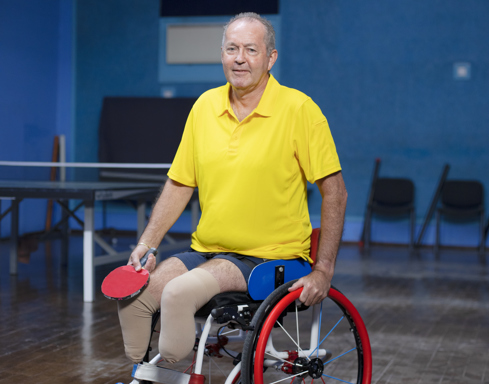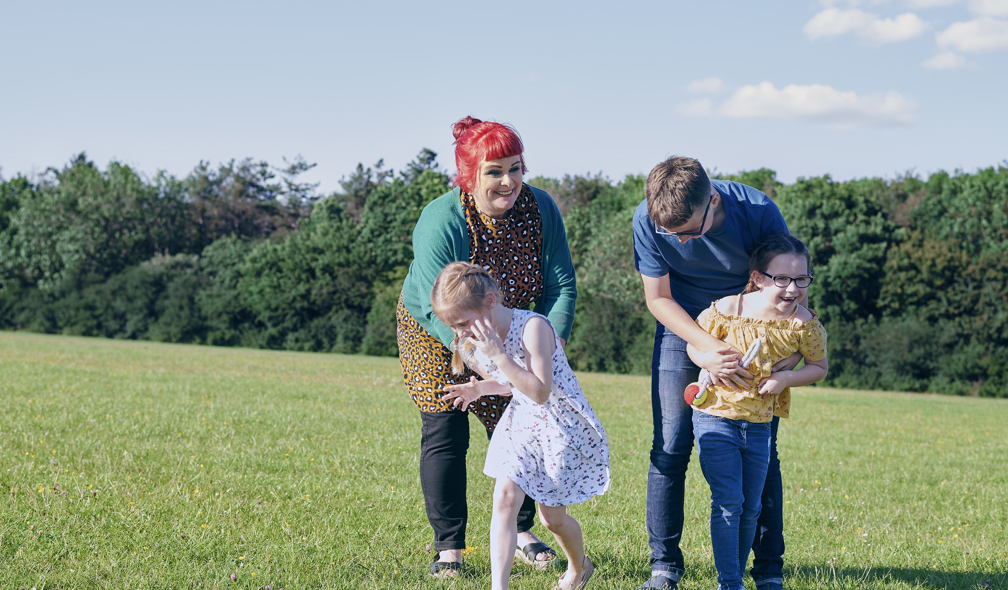
Living with multiple conditions
We Are Undefeatable offers support for people living with multiple long-term health conditions.
When managing a health condition, staying active is about discovering what works best for you. This can include various forms of movement that you might not realise count. Scroll down to find more information about staying active while living with your particular health condition.


We Are Undefeatable offers support for people living with multiple long-term health conditions.